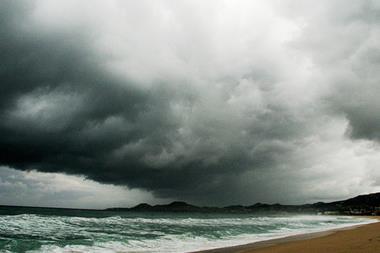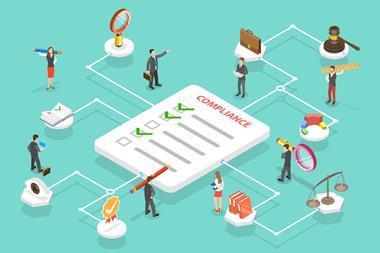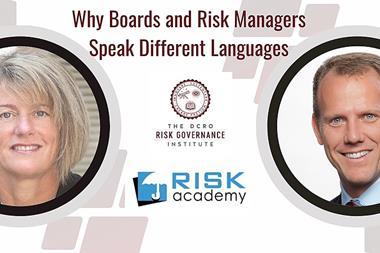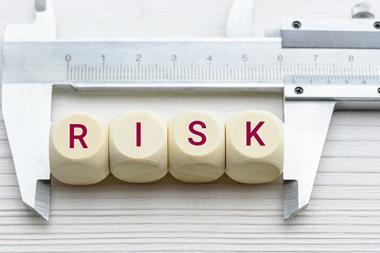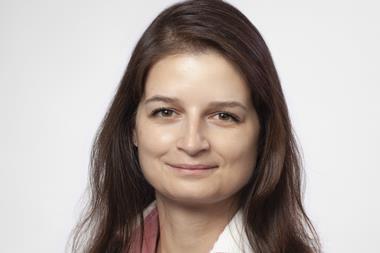Trade shows, exhibitions and conferences are abundant rivers of competitive information, and you never know whether you will catch a minnow or a whale. These public gatherings promote the getting together of like-minded people, your competitors included, who are intent on buying and selling. Some just want to talk about their particular industry. Did you know that there are 23 main exhibition centres in the UK alone, with events taking place almost every week of the year? That means that there is a lot of information circulating!
If you attend events like these or promote your products at them, ask yourself:
By asking yourself these questions, more will surely come to mind, and rightly so. Exhibitors can maximise their investment by building an information gathering process. The information can then be analysed to make you more competitive.
Don't forget that your competitors will be in attendance too. When your well-briefed stand manager takes a client for coffee, check that the rest of the stand staff are briefed not to give away your corporate intelligence.
If your rivals do visit your stand, and they invariably do, have your staff pay attention to the questions that they ask about your company and products. These questions will lead you to realise where they are heading. Do not forget those companies who are not yet your direct competitors but are seeking to diversify into your industry sector. What are they asking and why? The answers could just provide you with an initial insight into their strategy and aid you in developing possible defensive or offensive strategies.
Companies have a number of choices when developing a competitive intelligence capability at trade shows. They can train and use the employees who man their stands to gather information. These employees should already be reporting what they are asked and by whom. They can dedicate a specific team, or they can use an independent competitive intelligence solutions firm to perform the task for them.
The collectors at work
Let us take a look at an example from a recent international trade show that we attended. The show was held at a major exhibition centre in the UK. Here we observed a team of five Far Eastern nationals, who were in action gathering competitive information, the so-called 'collectors'. How did they go about their task?
Two collectors stayed in one hotel and the remainder in another. The hotels just happened to be the same ones that their target rivals stayed in. Of course, exhibitors take breakfast and dinner in the same dining room. They use the same lifts and hallways and probably the same bars. At breakfast they will talk with colleagues about the day ahead, and at dinner and in the bar about what has occurred during the day and what may occur tomorrow. All this is normal and the collectors knew it. They had clearly done their homework well, and identified the information that they wanted and where they were likely to obtain it.
We were in the front of the queue as soon as the exhibition hall opened and observed a member of the collector's team, a rather attractive young lady. Although she entered with the standard exhibition layout map in hand, she did not appear to need it. Her actions showed that she knew the layout well.
She stopped outside - she did not bother to enter - her first chosen stand and started to take photographs, with her compact digital camera. She busily snapped away at everything there was: the display stands, the products, and the staff (some even posed in a group for her). She made seven more selective stops and repeated her actions. A short while later she handed the camera to her colleague, who proceeded to upload the pictures online, presumably to their analysts at head office.
Meanwhile, another collector, a smart young man with impeccable English and dress sense, was frequenting the refreshment areas, hallways and other areas where crowds gathered, especially those areas where their target rivals were.
Another collector, a middle-aged lady of slight stature, was busily collecting product and company literature galore. She was talking with booth staff, all the while laughing and joking while being shown the products she had selected for inspection. She even filled in a number of competition entries, using her own name and address, not that of her company.
The fifth collector, the most mature member of the team, was attending the seminars and lectures; he had pre-booked those he attended.
In such a situation, what do the collector's leaders have to gain from such a fishing expedition. And, on the flip side, what do you have to lose?
Vulnerable information
A picture paints a thousand words. With current technology, photographs can be scrutinised at the highest level, and they can be processed on a portable laptop in seconds. What can your competitors find out about you from pictures of your stand? The size of your stand, quality of display boards, staffing and literature can indicate the level of promotional expenditure in your company, especially if the collectors also pose a few questions, such as, "Where have you exhibited?" and "Where are you going to exhibit next?"
The content of your display boards can also provide valuable information. Often they depict scenes such as the product being made on the factory floor. These may inadvertently tell the competition part of the process involved, the type of machinery you use and its age, condition and value. It may also help them to discover your output capabilities, your staffing levels and much more.
On your stand will be company and product literature, including the versions that usually accompany a new product. It may be wise to check to see if you are giving away any unnecessary information in these hand-outs. When your rival's collectors have one, what can they do? More often than not, the brochure will be scanned and whisked away on-line in seconds to your competitor's head office, where analysts can scrutinise it and send further, specific questions for the collectors to ask.
If a member of your staff is due to present a speech, seminar or workshop, delicately censor it first. Ensure that your valuable information is not part of the presentation.
Trade fairs and exhibitions are rich with information. They are places where one can get to know the presenters and their achievements, and the companies they represent. Often the shows are the highlight of the presenters' year. They are out of their normal environment, and the audience is there to listen to them. They can dazzle listeners with their brilliance and that of their company - and somewhere along the way they may make the ever-so-slight indiscretion that an alert competitor will store away. Presenters can often be less discreet than they should in response to skilled questions.
During the course of the day, your stand staff will take refreshment breaks. They may relax and let their guard down. They may enter into conversations with staff from other stands. This is why the collectors visit places where rivals are likely to meet. It reaps rewards.
Remember that most of these activities are legal and ethical, although not all your competitors may play by the rules. So take care of your valuable information. And have you considered sending out your own fishing expedition to the exhibitions that you and your competitors, or your suppliers and distributors attend?
BEAT EXHIBITION ESPIONAGE
Paul Stretton-Stephens is the founder and managing director of Open Door Security & Risk Limited, Tel: 01242 522010 E-mail info@opendoorconsulting.com









